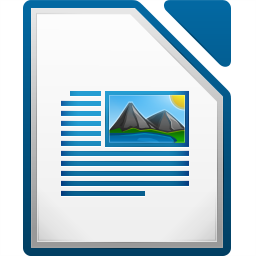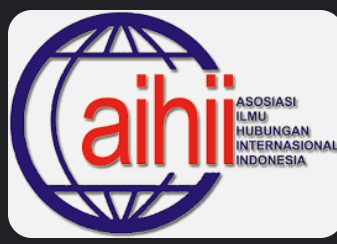KESIAPAN PEMERINTAH SULAWESI SELATAN DALAM MENGHADAPI MASYARAKAT EKONOMI ASEAN 2015 DI BIDANG TENAGA KERJA PARIWISATA
DOI:
https://doi.org/10.33822/mjihi.v1i1.287Abstract
The implementation of the economic pillars of the ASEAN Community through an ASEAN Economic Community (AEC), effected on the incoming and outgoing labor freely in the field of tourism between ASEAN countries. To prepare for the enactment of the AEC, the regions throughout Indonesia must, of course, be administratively structural and infrastructure must be prepared in accordance with the agreed of Mutual Recognition Arrangement (MRA) provisions. Through regional autonomy, local governments have the power to raise the quality of local human resources so they can compete with other ASEAN member countries, such as creating new regulations (local regulations) related to the AEC. The study aims to determine the readiness of the Government of South Sulawesi in anticipation of the 2015 ASEAN Economic Community (AEC) and identify factors driving and inhibiting in the face of the ASEAN Economic Community in 2015 in the field of tourism labor force. The method used is descriptive qualitative, pursued through the depiction of the issues examined in the validity of the data of informants who provide information. The data is processed and analyzed by qualitative analysis. The results showed the readiness of South Sulawesi tourism workforce in the face of a shortage in quantity MEA has certified workers, certification bodies, and the number of assessors. Qualitatively, the role of the South Sulawesi government has anticipated the implementation of MEAs through Perda No. 1 of 2011 which have an impact on improving the quality of tourism. Opportunities in the face of relatively large MEA boosted tourism labor supply large institutional competency based education and training according to the standard of work agreed upon during the Mutual Recognition Arrangement (MRA) in MEA. It Challenges from the lack of attention to the regional work units (SKPD) in the process of socialization and the acceleration of professional certification.References
Agusmidah. (2010). Dinamika Hukum Ketenagakerjaan Indonesia. Medan: USU Press
Anonim. (2014) Kebutuhan Tenaga Kerja Pariwisata Terus Meningkat, dalam situs: http://grahawisatanusantara.com/berita-141-kebutuhan-tenaga-kerja-pariwisata-terus-meningkat.html
Anonim. Introduction of ASEAN Economic Community/AEC. (2013) dalam: http://www.asean.org/communities/asean-economic-community
Badan Koordinasi Penanaman Modal Daerah Provinsi Sulawesi Selatan, Perekonomian Daerah, Copyright © 2015 BKPMD SULSEL, pada http://bkpmd.sulselprov.go.id/?tpage=is&id=105.
Cipto B. (2007). Hubungan Internasional di Asia Tenggara. Yogyakarta: Pustaka Pelajar. hal. 247.
Djohermansyah D. (2006). Problematik Pemerintahan dan Politik Lokal. Jakarta: Bumi Aksar.
Kemenlu RI. (2007). ASEAN Selayang Pandang. Jakarta: DIRJEN Kerjasama ASEAN DEPLU RI.
Kemenlu RI. (2010). Cetak Biru Komunitas Ekonomi ASEAN. Jakarta: DIRJEN Kerjasama ASEAN DEPLU RI.
Kotler P. (2007). Think ASEAN! Rethinking Marketing toward ASEAN Community 2015. Singapore: Mc. Graw Hill.
Mas’oed M. (2006). Ilmu Hubungan Internasional: Disiplin dan Metodologi. Jakarta: LP3ES.
Pertumbuhan Kunjungan Wisata Sulsel Capai 30 Persen, oleh Suriani Mappong, http://www.antarasulsel.com/berita/54563/pertumbuhan-kunjungan-wisata-sulsel-capai-30-persen
Sugiyono. (2005). Memahami Penelitian Kualitatif. Bandung: Alfabeta.
Sulsel Miliki 280 Pemandu Wisata Berlisensi http://antarasulawesiselatan.com/print/ 24076/sulsel-miliki-280-pemandu-wisata-berlisensi
Wailerdsak N. (2013). Impacts of Asean (Association of South East Asian Nations) Economic Community on Labour Market and Human Resource Management in Thailand. South East Asia Journal of Contemporary Business, Economics and Law (e-journal). Vol. 2, Issue 2, 2013 – June.
Wiyanto R. dkk. (2008). Masyarakat Ekonomi ASEAN 2015. Jakarta: PT. Alex Media Komputindo KOMPAS Gramedia.
Yoeti O.A. (2010). Dasar-Dasar Pengertian Hospitality dan Pariwisata. Bandung: PT. Alumni.




